This post is authored by Joel Don, ISA's community manager. Connect with Joel at LinkedIn.
Here's the bottom-line about careers in industrial automation, engineering and manufacturing technology: relatively stable employment, avenues for professional growth, plenty of opportunities to demonstrate your ability to develop innovative solutions to technical and business challenges. Engineers are working at a faster pace than ever. They are taking on more complex projects, though with less resources than in prior years. And they worry that vital knowledge and skill sets are being lost as a generation retires.
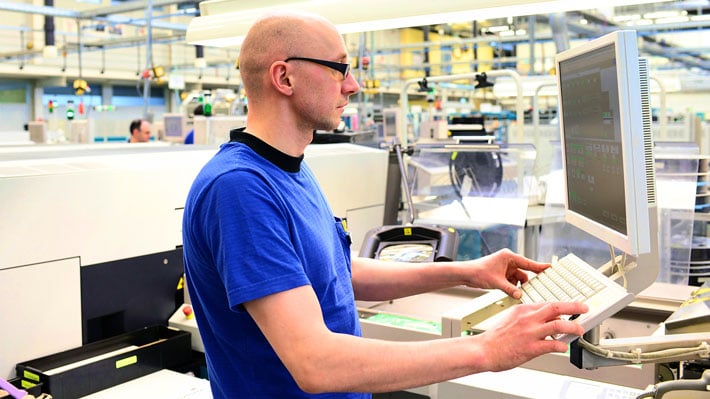
That’s just a snapshot of the findings coming out of a new survey of engineers and technical professionals currently working for industrial companies. The research, conducted by IEEE Engineering360, polled more than 2,200 professionals working at small, medium and large companies, with headcounts ranging from less than 25 employees to firms boasting more than 250 engineering professionals.
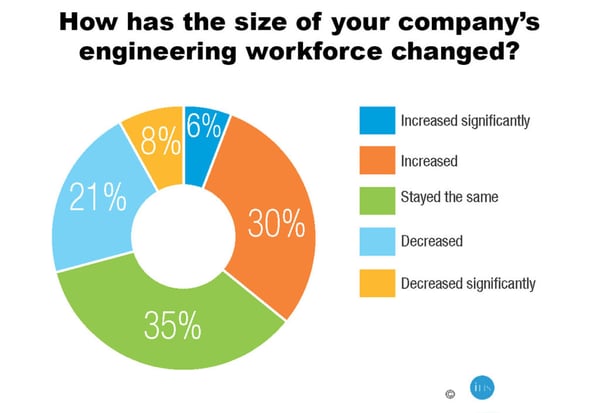
Quickening pace of engineering
We’re moving faster. Engineering is accelerating. Design cycles are shrinking, yet designs are becoming more complex. Time-to-market pressure is increasing. And despite the increased pressures, the survey reports engineers say they are quickly adjusting to new pressures and challenges resulting from rapidly evolving technologies, managing to work with tighter, leaner manufacturing budgets, and fulfilling the demand for accelerated production schedules, greater production efficiencies, more cost-savings, and delivering even higher levels of quality.
 Engineers look to the future. Yes they have concerns about their own jobs, but they also worry about the men and women who will carry the torch in years to come. Engineers see a dwindling pool of young people interested in pursuing careers in industrial automation and manufacturing. Part of that problem was detailed in a previous ISA Interchange blog post, which reported on findings from a study showing parents think manufacturing and automation industry jobs are dirty, outdated, non-challenging — basically lousy, low-paying career choices. The post notes that these parents are terribly misinformed and out of sync with the current state of manufacturing and industrial technology. The truth is industrial engineering and related technical jobs are great careers. That's not a boilerplate sound bite from public relations; the positive messaging comes directly from working engineers in survey after survey including the IEEE report cited in this post. Engineers are eager to spread they word, because they know the career opportunities are abundant and the work is extremely satisfying.
Engineers look to the future. Yes they have concerns about their own jobs, but they also worry about the men and women who will carry the torch in years to come. Engineers see a dwindling pool of young people interested in pursuing careers in industrial automation and manufacturing. Part of that problem was detailed in a previous ISA Interchange blog post, which reported on findings from a study showing parents think manufacturing and automation industry jobs are dirty, outdated, non-challenging — basically lousy, low-paying career choices. The post notes that these parents are terribly misinformed and out of sync with the current state of manufacturing and industrial technology. The truth is industrial engineering and related technical jobs are great careers. That's not a boilerplate sound bite from public relations; the positive messaging comes directly from working engineers in survey after survey including the IEEE report cited in this post. Engineers are eager to spread they word, because they know the career opportunities are abundant and the work is extremely satisfying.
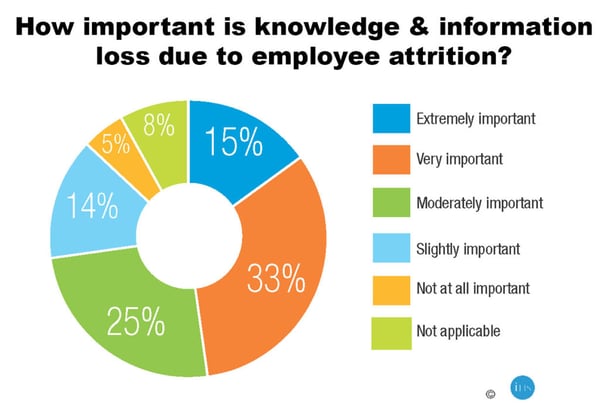
Great careers, some worries
Here are some of the highlights from the engineer survey:
- Engineers are basically happy with their employers. Forty-five percent say they were likely to still be working at the same company in five years. Thirty percent are getting ready to retire.
- Green is good. Ninety percent of respondents said designing and developing environmentally sustainable products is now an important part of the job. Most reported that there is greater pressure to focus on sustainability and environmental concerns.
- How are engineers measured? Customer satisfaction and product quality are key performance metrics. Not to worry, most say they always meet those KPIs.
- Design is a joint effort. Forty-three percent stated that design involvement from external partners, vendors and customers has increased.
- Work is abundant. Seventy-eight percent said the number of designs/projects they work on has increased or stayed the same; 69 percent are working on three or more projects simultaneously.
- Loss of skilled workers is on the worry plate. Forty-eight percent said that knowledge and/or information loss as employees left the company was very or extremely important. Yet only 40 percent of companies have formal practices in place to identify senior-level and specialized experts to train, transfer, mentor, manage or retain their knowledge among others in the organization.
- Resource and knowledge shortages threaten success and innovation. Seven in 10 respondents noted that shortages of resources and specialized knowledge, along with constraints on budgets and time, are potential red flags for productivity, product quality and innovation.
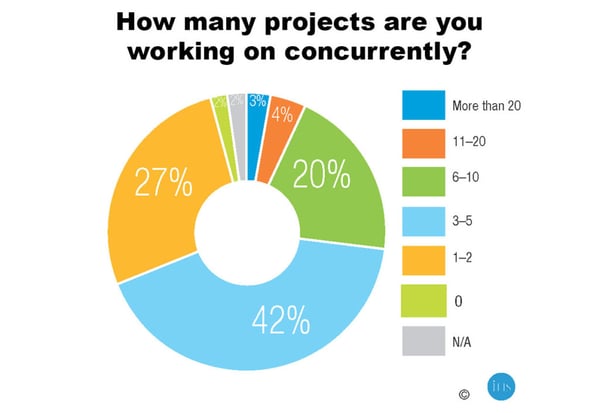
The concern about shrinking numbers of skilled professionals is a global challenges, as noted in research by the Organization for Economic Co-operation and Development. The top five countries anticipating the greatest challenge finding workers to fill skilled professional jobs are Japan, India, Brazil, Turkey and Mexico.
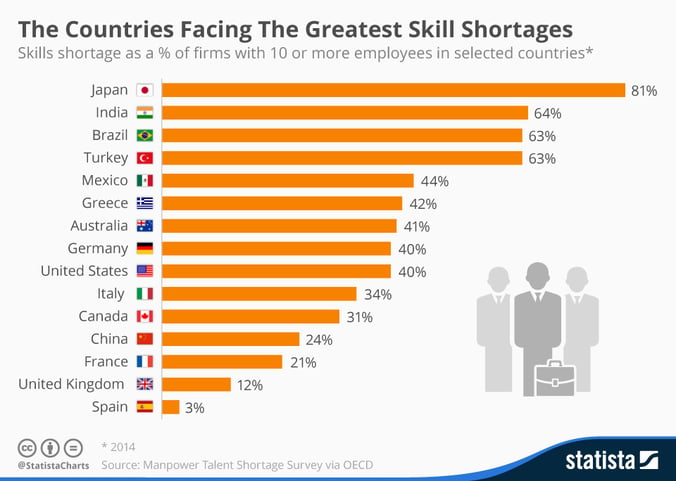
Need to promote great industrial careers
Manufacturing firms have learned to do more with less, but an associated impact of greater productivity and efficiency delivered by advanced industrial technology is boosted market demand. Increased business can strain a lean staff of engineers. Business growth has partly fueled the skilled worker shortage that has been exacerbated by retiring professionals from the World War II Baby Boom generation. A healthier global economy also removes obstacles to employment advancement, either through internal promotion, external recruitment by another company, or retirement.

Be customer-centric
Another interesting finding from the IEEE survey is that engineers are increasingly measured by metrics related to customer satisfaction. The customer view ranked first (58 percent) followed closely by product quality (57 percent) in terms of meeting performance objectives. A related metric, meeting launch dates, came in third at 44 percent. Customer-centric engineering has proven to be a great benefit to brand marketing as well as a means of empowering the customer. A customer-centric engineering approach, the survey notes, enables a company to make products that align with the sustainable, environmentally oriented needs of the marketplace.
Engineers say they are on board. They are ready to meet the challenges, the deadlines and the new opportunities that enable them to apply their technical skills and knowledge. What is your experience as an engineer or industrial automation professional at your company?




